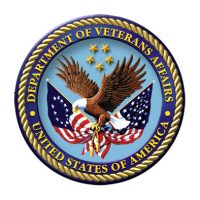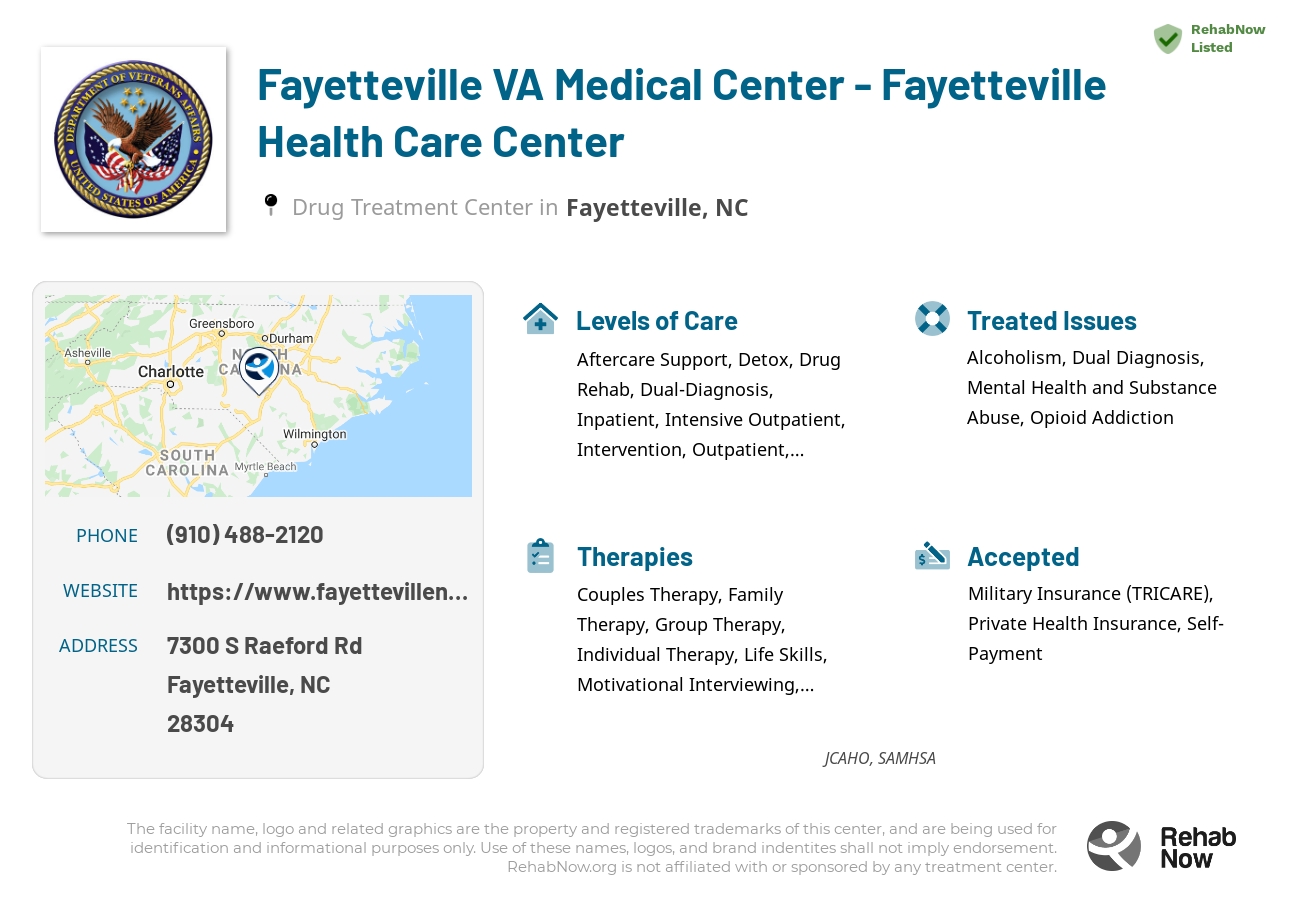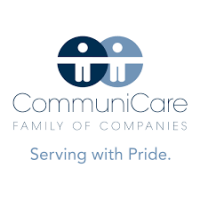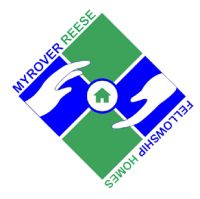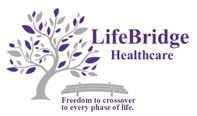About This Fayetteville, NC Facility
Fayetteville VA Medical Center - Fayetteville Health Care Center’s Drug and Alcohol Addiction Treatment Center location in Fayetteville, NC, offers multiple levels of care, individualized treatment options, and accepts most health insurance.
Accreditations matter when weighing your options for addiction treatment. This center also appears in the SAMHSA database. We also discovered an additional certification by JCAHO.
Fayetteville VA Medical Center - Fayetteville Health Care Center’s location in Fayetteville accepts most private health insurance. Please call RehabNow.org's admission experts to verify your insurance and find a center that accepts your coverage. Clients may also self-pay.
Genders
Ages
Modality
Additional
Accreditations
SAMHSA

JCAHO
Conditions and Issues Treated
Opioid addiction treatment facilities in North Carolina, like Fayetteville VA Medical Center - Fayetteville Health Care Center cover both illegal and prescription opioids abuse. Most plans include detoxification and subsequent medications to ease the process. Behavioral therapies and counseling are also necessary to resolve the root cause of addiction.
A dual diagnosis is when someone deals with both alcohol and mental or emotional disorder. Emotional trauma, bipolar disorder, schizophrenia, depression can be part of dual diagnosis therapy. It must happen simultaneously to get care for these conditions to handle any of them effectively.
Levels of Care Offered
This center offers a variety of custom treatment tailored to individual recovery. Currently available are Aftercare Support, Detox, Drug Rehab, Dual-Diagnosis, Inpatient, Intensive Outpatient, Intervention, Outpatient, Residential, with additional therapies available as listed below.
Detox is a drug rehab process that is designed to remove the drug addict from the drug safely. The problem with solely using detox as a sobriety tool is that it alone provides no therapy or counseling. If a person goes through detox and returns to their everyday life, they may begin using again once the detox has worn off.
Detox does not help with cravings, so for some addicts, this can be extremely difficult and should be both done and supervised by medical professionals. Aftercare is crucial, so selecting a facility that offers additional services is important.
Inpatient treatment takes place when a patient checks into a rehab facility. Patients at Fayetteville VA Medical Center - Fayetteville Health Care Center receive round the clock care that includes detoxing and therapy. Although outpatient treatments are available, inpatient care is recommended as the first step in rehabilitation. The intensive and comprehensive treatment sets patients on a path for drug free living.
An outpatient treatment program is set up to help with alcohol or drug addiction, or a co-occurring disorder. The patient must attend the North Carolina facility for their therapy and other programs but are able to return home each night. The frequency of mandatory attendance decreases after much of Fayetteville VA Medical Center - Fayetteville Health Care Center‘s program is complete.
Residential treatment programs are those that offer housing and meals in addition to substance abuse treatment. Rehab facilities that offer residential treatment allow patients to focus solely on recovery, in an environment totally separate from their lives. Some rehab centers specialize in short-term residential treatment (a few days to a week or two), while others solely provide treatment on a long-term basis (several weeks to months). Some offer both, and tailor treatment to the patient’s individual requirements.
Not everyone who struggles with addiction in North Carolina is ready to go into a treatment program. For these individuals, intervention services may help. Friends and family of the individual can call and set up an intervention. We have a professional come and lead the discussion.
Treatment is just the first step to maintaining sobriety. After treatment, aftercare support at Fayetteville VA Medical Center - Fayetteville Health Care Center helps the individual adjust to a life without substances. This support may involve a sober living home in or near Fayetteville, NC, career counseling, or educational assistance. This is when a relapse prevention plan begins to take shape.
Fayetteville VA Medical Center - Fayetteville Health Care Center‘s Therapies & Programs
Treatment programs include individual therapy for the greatest chances of success. Customized individual therapy is counseling involving you and your Fayetteville VA Medical Center - Fayetteville Health Care Center counselor. Individual therapy leads to greater peace and understanding about your triggers for addiction.
Spousal relationships bear the brunt of alcohol and drug dependence. It becomes critical to submit the relationship to couples therapy to prevent straining it further. Some facilities like Fayetteville VA Medical Center - Fayetteville Health Care Center in Fayetteville, NC offer couples therapy options to manage intimate partnerships amid the recovery process. Other couples-focused treatment plans can provide the patient and their partner tools to get things back to normal.
When family members are more proactive and involved in the treatment procedure, it encourages the patient to advance his or her progress. Moreover, it shouldn’t be ignored that genetics play a role when it comes to addiction, so it’s better to approach the problem as a unit. Also, with proper education, family members can help an individual avoid addiction triggers and guide him or her in making lifestyle changes necessary for his or her sobriety.
It has been said that unhealed trauma is the root of most addictions. Trauma therapy is a way of addressing trauma while in a safe situation in order to heal. Healing past traumas and introducing coping strategies are strong foundations for sustained recovery from addiction. This may involve individual or group counseling or both, in a Fayetteville, NC facility. Other forms of therapy have been proven to assist in healing past traumas.
Cognitive Behavioral Therapy (CBT) is a type of psychotherapy that focuses on the underlying thoughts and behaviors that caused the problem of addiction in the first place and may cause a relapse. Negative feelings are common in substance abuse disorders, and if not recognized, they can cause co-occurring disorders.
CBT involves strategies that help to change the thinking and behavioral pattern by cognitive restructuring. In simple terms, it helps to remove negative thoughts and provides long-term benefits. Also, CBT promotes self-awareness, self-control, and healthy ways to respond to negative thoughts. It can be administered as a mono-therapy as well as a part of combination therapy.
In the midst of an addiction certain healthy habits and behaviors can be forgotten or discarded altogether. While in treatment you will learn life skills that will help you successfully maintain sobriety and rebuild your life in Fayetteville, NC. Some examples of this are time management, social skills, nutrition, hygiene, stress management and taking care of yourself.
Payment Options Accepted
For specific insurance or payment methods please contact us.
Is your insurance accepted?
Ask an expert, call (888) 674-0062
Additional Details
Specifics, location, and helpful extra information.
Fayetteville, North Carolina 28304 Phone Number(910) 488-2120 Meta DetailsUpdated November 25, 2023
Staff Verified
Patient Reviews
There are no reviews yet. Be the first one to write one.
Fayetteville, North Carolina Addiction Information
North Carolina ranks 29th in the nation for overall substance abuse. Many of the drugs abused in the state are illicit, and many of these are opioids. Prescription opioids are readily available due to the high rates of medical workers prescribing them. The number of prescriptions has increased tenfold since the 1980's. Opioid overdoses are the most common type of death in North Carolina.
The number of drug-related deaths in Fayetteville, NC increased by 60% from 2008 to 2010. The number of individuals that needed drug or alcohol treatment in the city was 570. Marijuana-related drug crimes account for 600 arrests per year. Treatment such as recovery groups are made up of recovering addicts that support each other's sobriety efforts, additional treatments are also available in Fayetteville.
Treatment in Nearby Cities
- Troy, NC (53.8 mi.)
- Hillsborough, NC (72.2 mi.)
- Apex, NC (49.5 mi.)
- Pilot Mountain, NC ( mi.)
- Knightdale, NC (60.7 mi.)
Centers near Fayetteville VA Medical Center - Fayetteville Health Care Center
The facility name, logo and brand are the property and registered trademarks of Fayetteville VA Medical Center - Fayetteville Health Care Center, and are being used for identification and informational purposes only. Use of these names, logos and brands shall not imply endorsement. RehabNow.org is not affiliated with or sponsored by Fayetteville VA Medical Center - Fayetteville Health Care Center.
